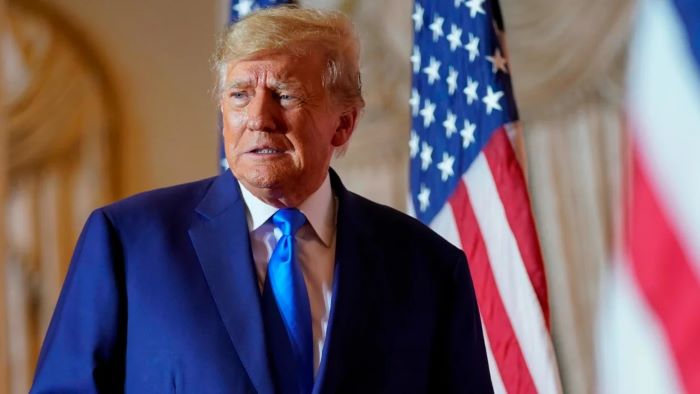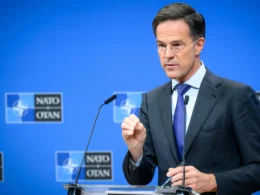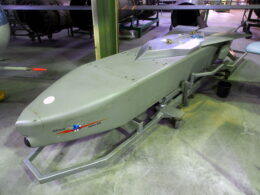Former President Donald Trump is mulling a potential deal with Russian President Vladimir Putin that would commit NATO to halting further eastward expansion, particularly into Ukraine and Georgia, according to a report by Politico. The deal would also involve negotiations over how much Ukrainian territory Moscow could retain.
Two Trump-aligned national security experts, some of them speaking on condition of anonymity, revealed these plans to Politico.
"I would expect a very quick deal to end the conflict," said Kevin Roberts, the president of The Heritage Foundation, the influential Trump-aligned think tank that has produced Project 2025.
The other source, speaking anonymously, added that Trump "would be open to something foreclosing NATO expansion and not going back to the 1991 borders for Ukraine. That would be on the table."
This potential strategy aligns with Trump's campaign rhetoric. In a 22 June rally in Philadelphia, he vowed to end the war in Ukraine "before I even arrive at the Oval Office, shortly after we win the presidency."
Trump has also criticized the promise of NATO membership to Ukraine, stating in a 21 June podcast that it was a "mistake" and "really why this war started."
The Politico report suggests that Trump's approach to NATO would involve a "radical reorientation" of the alliance.
Dan Caldwell, a defense expert familiar with Trump's national security advisory circle, told Politico, "We don't really have a choice anymore," citing rising US debt, flagging military recruiting, and a defense industrial base struggling to keep up with challenges from Russia and China.
While Trump's campaign has not officially named a new national security team or openly embraced a new agenda for NATO, the experts interviewed by Politico are engaged in ongoing debates within Trump's circle about how to push European countries toward a security architecture more aligned with Trump's vision.
The proposed changes would significantly reduce America's security role in Europe. As Caldwell explained, this would involve "stepping back instead of being the primary provider of combat power in Europe, somebody who provides support only in times of crisis."
Another key aspect of Trump's potential NATO strategy is implementing a two-tier system. This idea, proposed by retired Army Lt. Gen. Keith Kellogg, would mean that countries not meeting the target of spending 2% of GDP on defense "wouldn't enjoy the defense largess and security guarantee of the United States," according to an anonymous Trump-aligned national security expert.
Critics argue that pressuring Ukraine to surrender its territory would validate Putin's actions. However, Trump has expressed skepticism about Ukraine's importance to US interests.
During a visit to Capitol Hill in June, he reportedly told House Speaker Mike Johnson that Ukraine is "never going to be there for us" and suggested redirecting funds from Ukraine aid to US troops.
The report also highlights concerns about Europe's readiness for a dramatically expanded military role. Jeremy Shapiro, research director for the European Council on Foreign Relations, told Politico, "They don't really have any idea of how to replace the United States."
As the 2024 election approaches, the future of NATO and US-Europe relations hangs in the balance. Trump's potential return to the White House could significantly reshape the transatlantic alliance and the geopolitical landscape in Europe.
Read also:
- Trump reviews plan to halt US military aid to Ukraine unless it negotiates peace with Moscow
- Trump says Biden should not have promised Ukraine NATO membership
- Trump vows not to send troops to Ukraine





